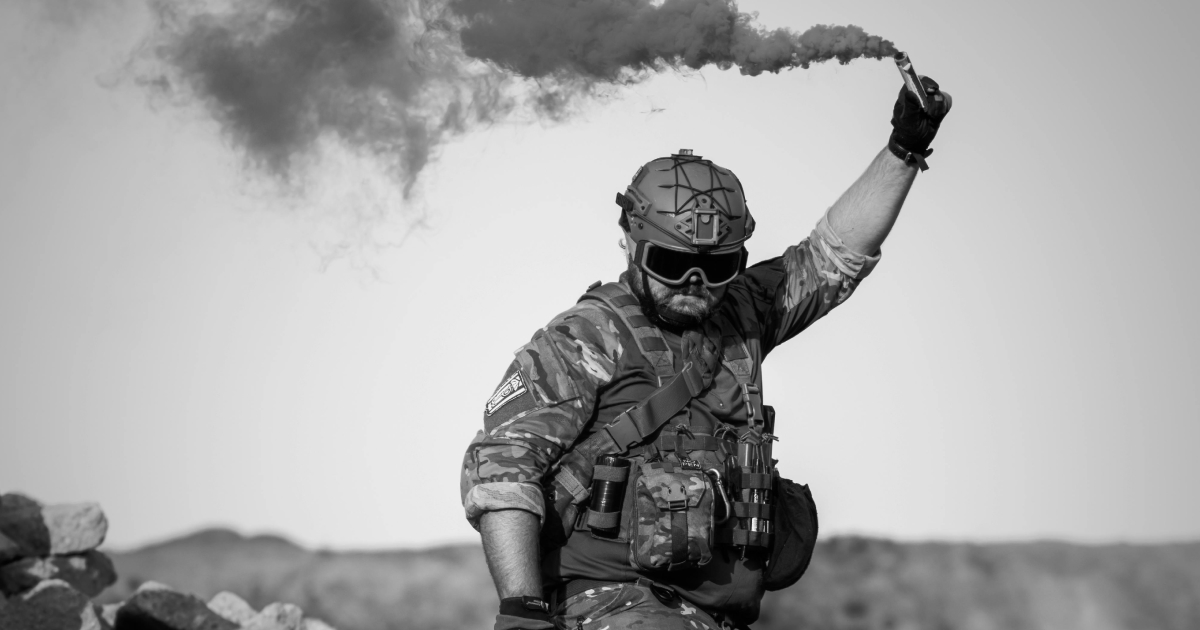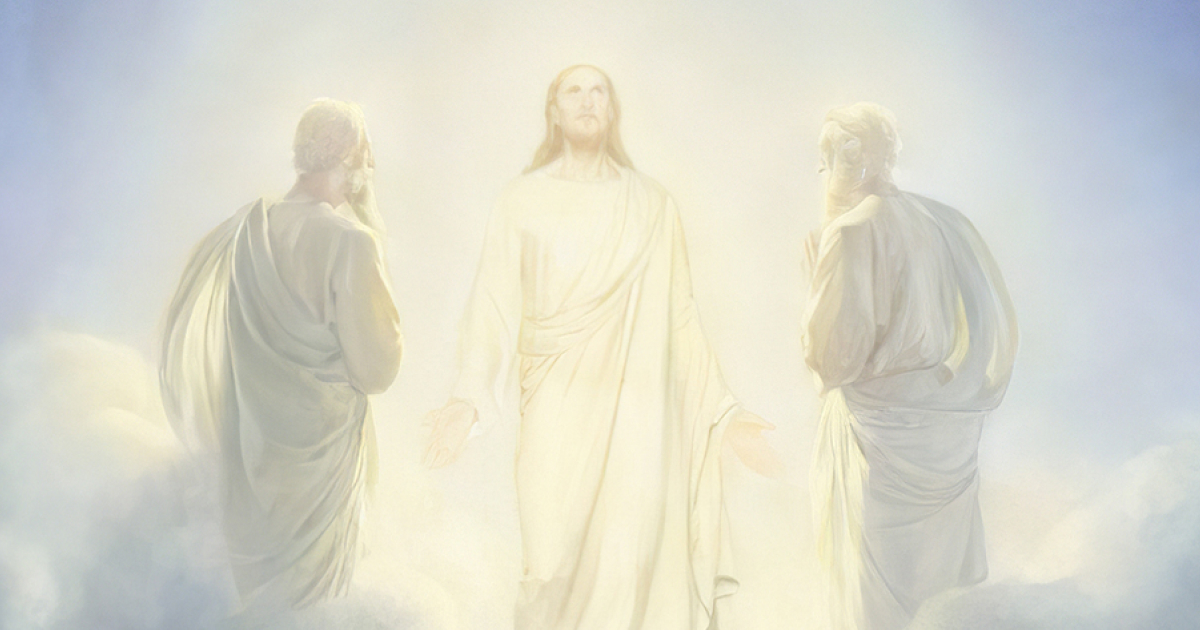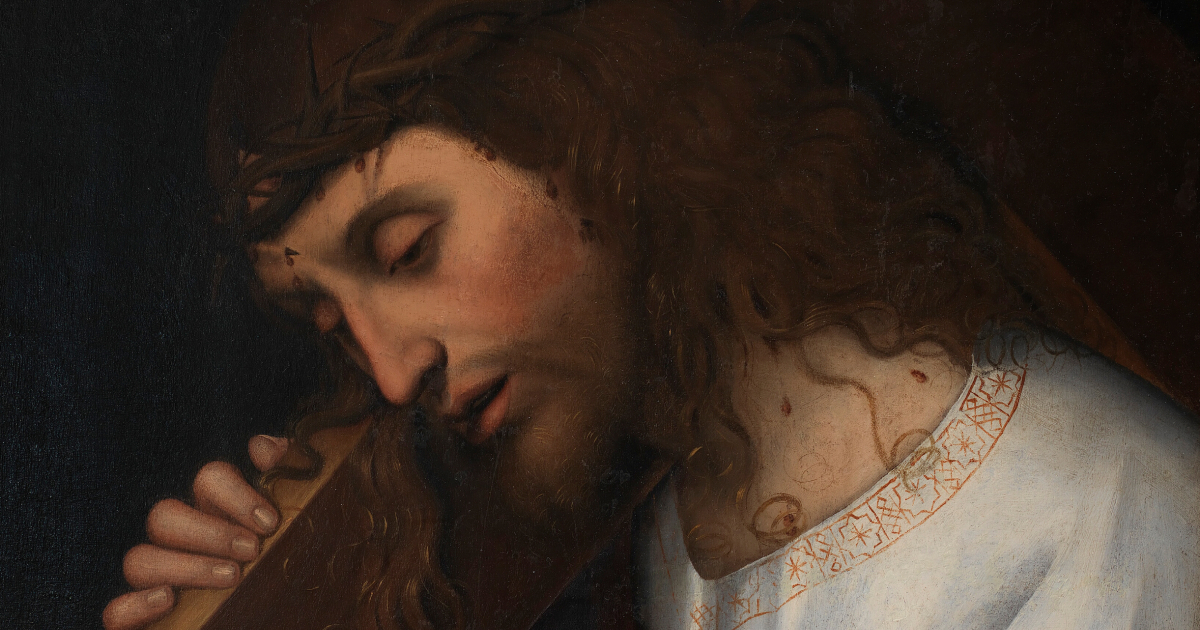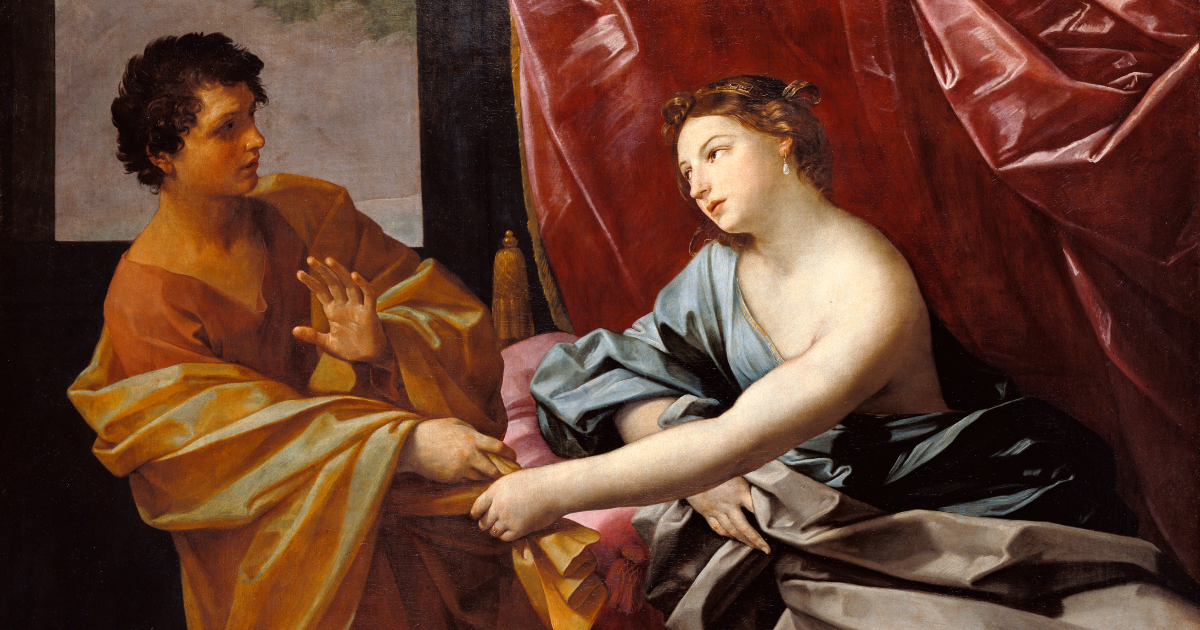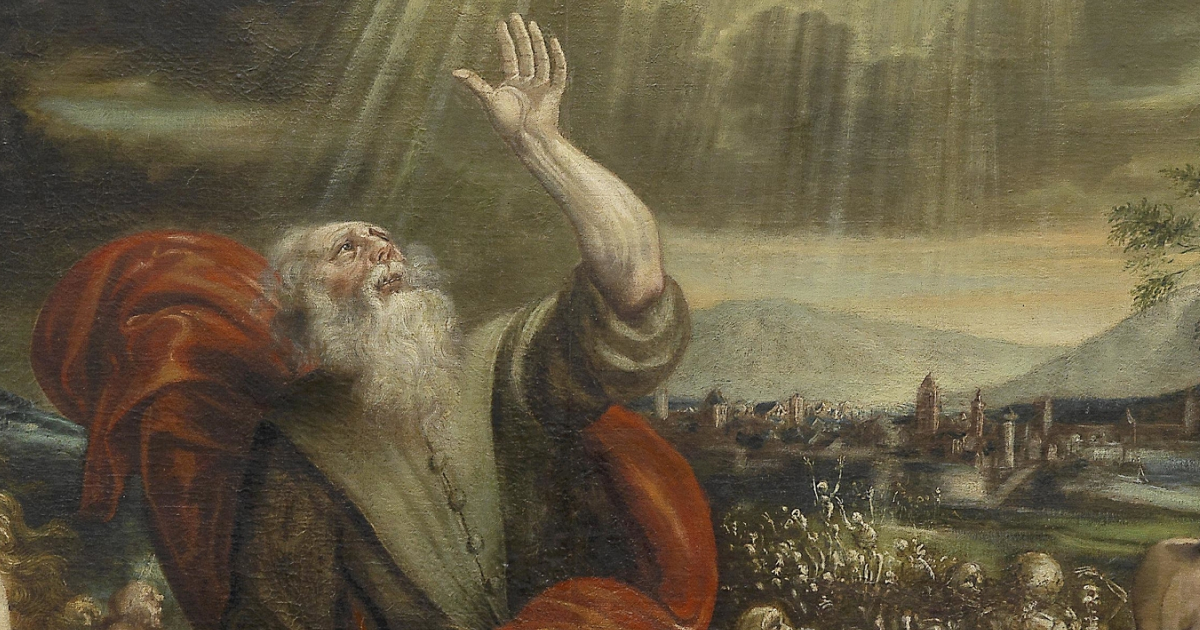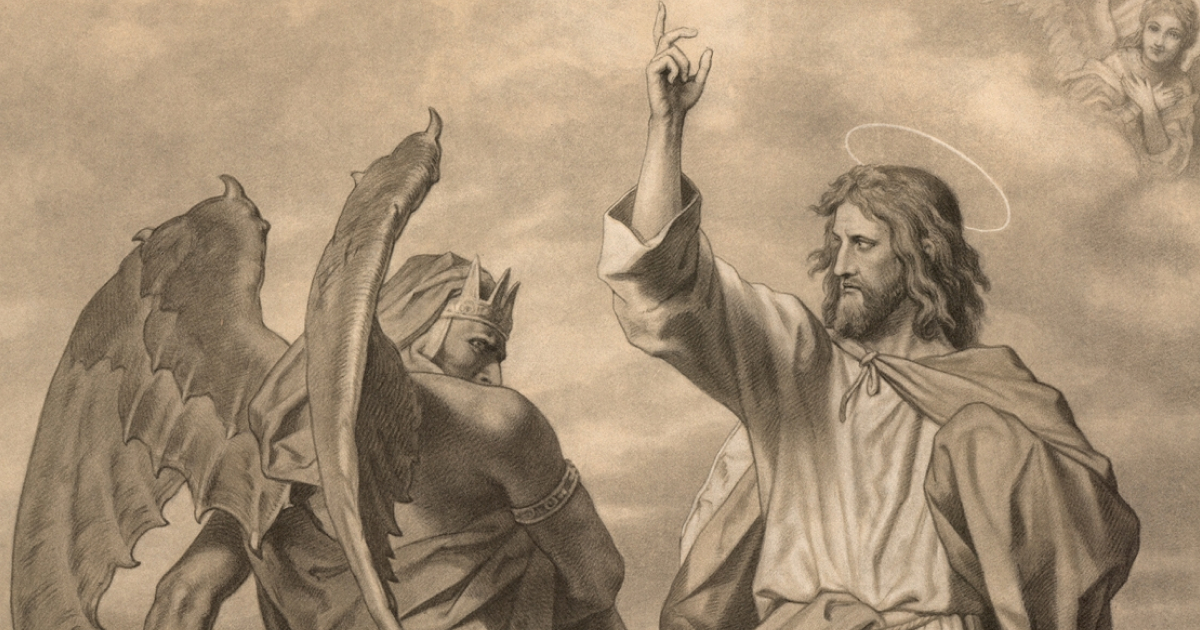Born in the United States, with much of his formation and ministry in Peru in an international order, and most recently a cardinal in Rome, Pope Leo testifies to the international character of the Catholic world. His ancestry includes slaves, slaveholders, Spanish hidalgos, French Canadian settlers and Sicilian immigrants — and it seems that Angelina Jolie, Hillary Clinton, Justin Trudeau, Jack Kerouac, Madonna and Justin Bieber are distant cousins.
Elise Ann Allen’s new biography, Leo XIV: Citizen of the World, Missionary of the 21st Century, is not the first biography of the pontiff (Matthew Bunson achieved that just 13 days after his election), but it is the first based on lengthy interviews with the Pope himself.
Published in Peru in Spanish, with the English version out next year, written by an American with interviews conducted in English, the book’s journey to the reader is a reflection of the Pope himself.
The book is strikingly well researched. Speaking with old friends, acquaintances and academic contemporaries, Allen paints a vivid picture of the influences that shaped the man. She points to the sense of community that has been a constant in Leo’s life, most obviously in his Augustinian background, but also in his family and his closeness to his brothers Louis Martin and John Joseph, with whom he spoke by phone twice a week as a cardinal and who now feel both joy and a sense of loss as they see their younger brother in the Chair of St Peter.
Placing his formation within the context of the Second Vatican Council, the Medellin Conference of 1968, liberation theology, the 2007 Aparecida Conference, Sodalitium Christianae Vitae, and the work of the recently deceased Fr Gustavo Gutiérrez, Allen brings the reader into the world of South American Catholicism in an erudite way. For those in the Catholic Anglosphere of the Church, it is a vital introduction.
But what is of real interest are the interviews. The directness of the English exchanges is evident, and the Pope addresses topics ranging from LGBT Catholics, the Latin Mass, Vatican finances and Trump without jargon or obfuscation.
With the book’s release coming just days before Cardinal Becciu’s trial, finance is the salient issue. And while Leo’s American identity has been played down — he was described as the least American of the American cardinals — when it comes to the finances of the Holy See, there is a silent hope in the Vatican that he will be as American as possible. From bringing back wealthy U.S. philanthropists who were alienated under the previous pontificate to tightening accounts, many will hope that the first American pope will transform the Church’s finances.
When Allen asks how he plans to manage the finances, Leo acknowledges: “I don’t know how I’m going to handle it yet.” But he also wonders, “Why are we crying about a crisis?”, since the Administration of the Patrimony of the Apostolic See published their 2024 financial report with €60 million in credit.
Outlining the various complications that have led to the Vatican’s financial woes over the last decade — the pandemic, a demanding pension fund, bad management — he tells Allen optimistically that he is not losing any sleep over it and says that it is a case of continuity with “the process of reform that Francis began.”
What about the traditional Latin Mass? As the older rite has a particularly ardent following in the U.S., the hope has been that Leo will withdraw the restrictions imposed by his predecessor. Up until now, his actions suggest quiet diplomacy and the relaxation of restrictions, with Cardinal Burke due to celebrate a Pontifical High Mass in the traditional Latin rite in St Peter’s Basilica during the annual Summorum Pontificum pilgrimage in October.
His answer, however, may disappoint traditionalists. Acknowledging the question as a “hot-button issue”, Leo responds: “Well, you can say Mass in Latin right now” — much like Cardinal Roche when asked a similar question earlier this year.
Yet Leo seems open to listening, saying there will be an opportunity for him to sit down with those supporting the return of the Tridentine rite. His guarded answer may reasonably be interpreted as favourable to a gradual loosening of restrictions.
Above all, he sees his priorities as firmly rooted in the life of the Church. He tells Allen candidly: “I don’t see my primary role as trying to be the solver of the world’s problems,” but also that he hopes to “build bridges” with the Patriarch of Moscow and the Patriarch of Constantinople, “because we all believe in Jesus Christ, the Son of God and our Saviour.”
In his first six months as Pope, Leo has done much to calm the storms the Church is weathering, and these interviews will steady the ship further. The one obvious consequence is that in the coming years, as his pontificate unfolds, Catholics may have to concede that their problems are of their own making — not the Pope’s.
(Photo by ERNESTO BENAVIDES/AFP via Getty Images)








